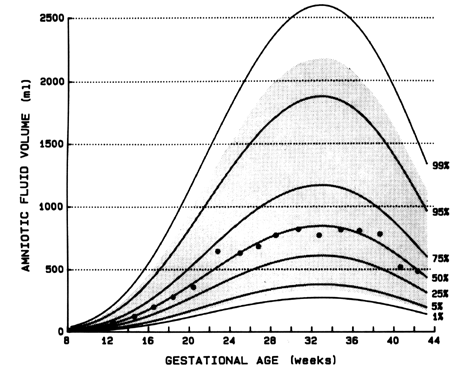

Here's an amniotic fluid leak test you can do at home: Amniotic fluid can look a bit yellow, and very dilute urine can look clear, so you may not be able to distinguish by color. They have different smells: Urine smells like ammonia, while amniotic fluid typically smells mild and even sweet. You might be able to tell by examining and smelling the liquid, though it can be difficult to tell the difference between amniotic fluid and urine. How can I tell if I'm leaking amniotic fluid? This can potentially cause breathing problems for your baby at delivery.

If the amniotic fluid is tinged with green or brown, this may be meconium, which means that your baby has had a bowel movement. If amniotic fluid is infected, it may have a foul smell. What does amniotic fluid smell like and look like?Īmniotic fluid is odorless and clear, though sometimes it's tinged with blood or mucus. The lack of amniotic fluid in this case can also be associated with birth defects, miscarriage or stillbirth. Amniotic fluid is needed to help mature the baby’s lungs. Oligohydramnios with PPROM is also problematic when PPROM occurs very early in pregnancy.

But if the lack of amniotic fluid – which normally cushions the umbilical cord – causes the umbilical cord to become compressed, it can prevent your baby from getting enough food and oxygen. Oligohydramnios caused by rupture of membranes is usually harmless. But there are other possible causes, including problems with the placenta, having a small baby (small babies produce less amniotic fluid), and being well past your due date. The most common cause of oligohydramnios in the third trimester is PROM/PPROM. Low amniotic fluid volume is called oligohydramnios. Yes, your fluid may be low for other reasons besides rupturing your membranes. Are underweight (have a low BMI) with poor nutritionĪre there other reasons why my amniotic fluid might be low?.Have infections of the uterus, cervix, or vagina, or amniotic fluid.Have vaginal bleeding during the second and third trimesters.Some women are at higher risk of PPROM than others, though. It often happens without any risk factors or obvious cause. PROM is usually caused by uterine contractions weakening the membranes.


 0 kommentar(er)
0 kommentar(er)
